When we talk about education, we often focus on grades, exams, and degrees. But there’s one skill that’s just as important—if not more—and it doesn’t always get the attention it deserves: critical thinking.
In a world full of information, opinions, and constant change, the ability to think clearly and make sound decisions is absolutely essential. Critical thinking isn’t just a “nice-to-have” skill—it’s something every student needs to truly succeed, both inside and outside the classroom.
What Exactly Is Critical Thinking?
In simple terms, critical thinking is about not taking things at face value. It’s about asking questions, analyzing information, and making your own judgments instead of just accepting what others say.
Think of it like this: instead of memorizing facts, you’re learning how to understand them, question them, and even challenge them when necessary. It’s the difference between knowing something and actually understanding why it matters.
Why It Matters in Education
Let’s be honest—most of what we learn in school eventually fades from memory. (Who really remembers every single math formula or history date?) But critical thinking sticks with you for life. Here’s why it’s such a big deal:
1. It Helps Students Solve Real Problems
Critical thinking teaches students how to approach problems logically. It’s not just about finding the “right” answer but figuring out how to find it. Whether it’s working through a tricky math question or deciding which sources to trust for a research paper, critical thinking gives students the tools to think their way through challenges.
2. It Builds Independence
Instead of depending on teachers or textbooks for answers, critical thinkers learn how to find those answers themselves. They’re curious, they dig deeper, and they’re not afraid to question things. That kind of independence is what helps people keep learning long after they’ve left the classroom.
3. It Improves Communication
When students learn to think clearly, they also learn to express their thoughts better. They can explain their ideas, listen to other opinions, and have meaningful discussions. In the real world—whether that’s in a job interview, a meeting, or a simple conversation—good communication is everything.
4. It Prepares Students for the Future
Employers today aren’t just looking for people who can memorize information—they want people who can analyze it, think creatively, and solve problems. Critical thinkers adapt quickly, make smart decisions, and find innovative ways to tackle challenges. In short, it’s one of the most valuable skills for future careers.
5. It Encourages Open-Mindedness
Critical thinking doesn’t mean being skeptical about everything—it means being open to new ideas while still using logic and evidence to form your opinions. This kind of mindset helps students become more understanding and respectful of different perspectives, which is something the world definitely needs more of.
How Schools Can Encourage Critical Thinking
So how can teachers and schools help students develop this skill? It’s not about adding more exams or assignments—it’s about changing the approach to learning. Here are a few ways to make it happen:
Ask open-ended questions. Instead of just asking for facts, teachers can encourage students to explain why they think something is true or how they arrived at an answer.
Use real-world examples. Connecting lessons to current events or everyday situations makes learning more relatable and thought-provoking.
Encourage group discussions and debates. Talking through ideas helps students hear different opinions and learn how to defend their own.
Promote creativity. Critical thinking and creativity go hand in hand. When students are encouraged to think outside the box, they develop stronger analytical skills too.
Final Thoughts
Education isn’t just about filling students’ heads with information—it’s about teaching them how to use their minds effectively. Critical thinking helps students question, reason, and make sense of the world around them.
If schools put more focus on developing this skill, we wouldn’t just be creating good students—we’d be shaping smart, confident, and capable individuals ready to take on whatever challenges the future brings.
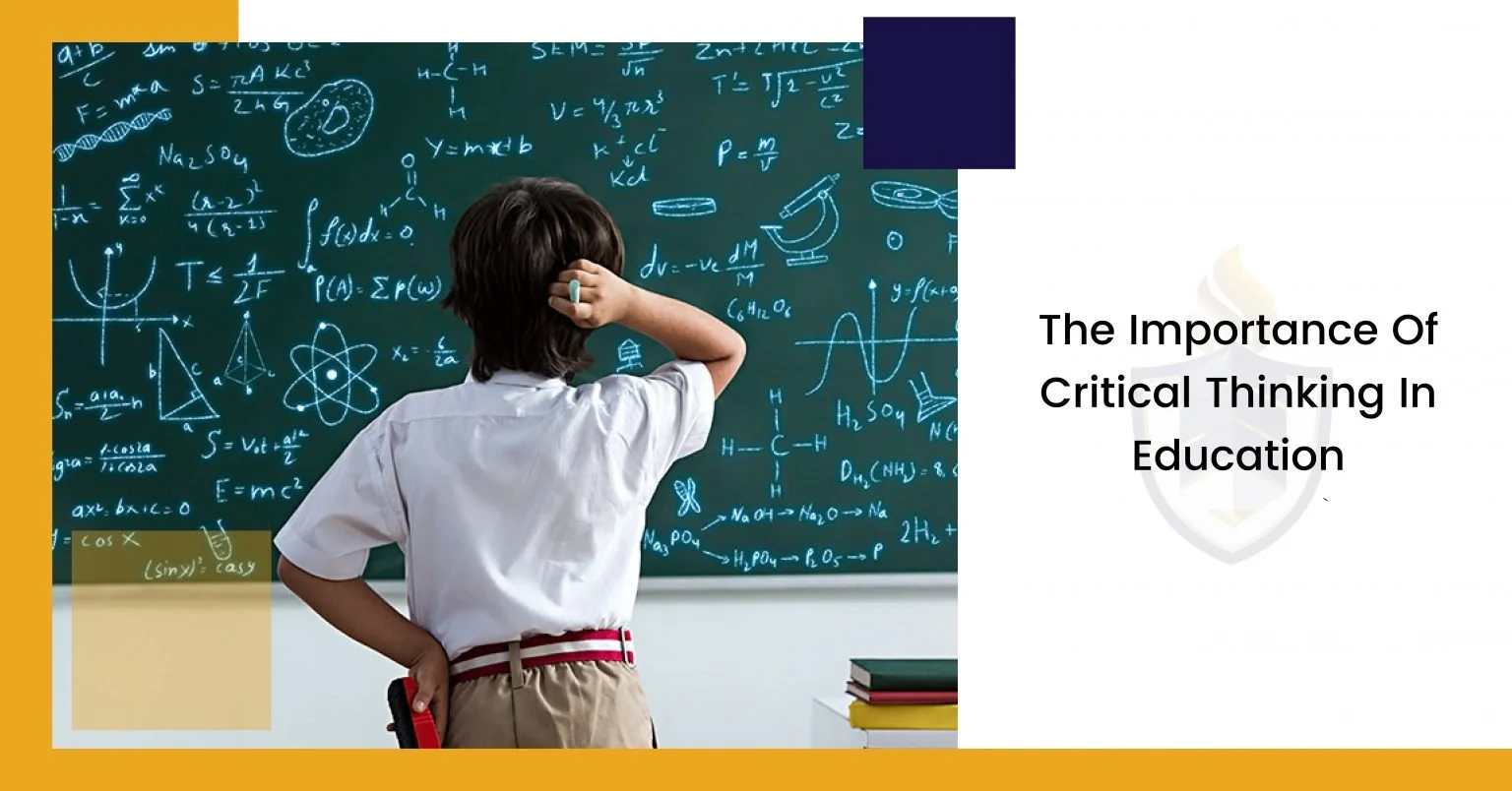
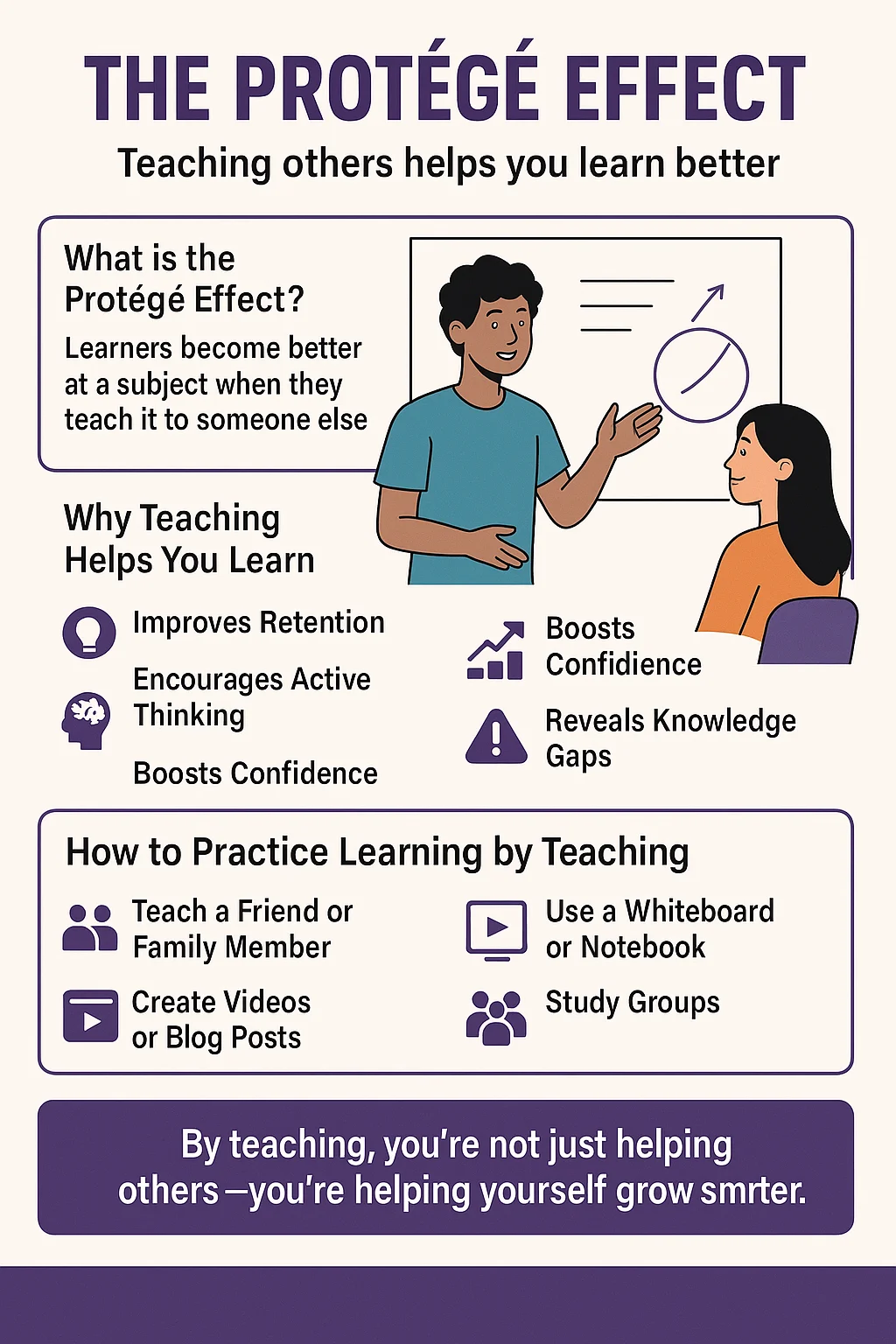
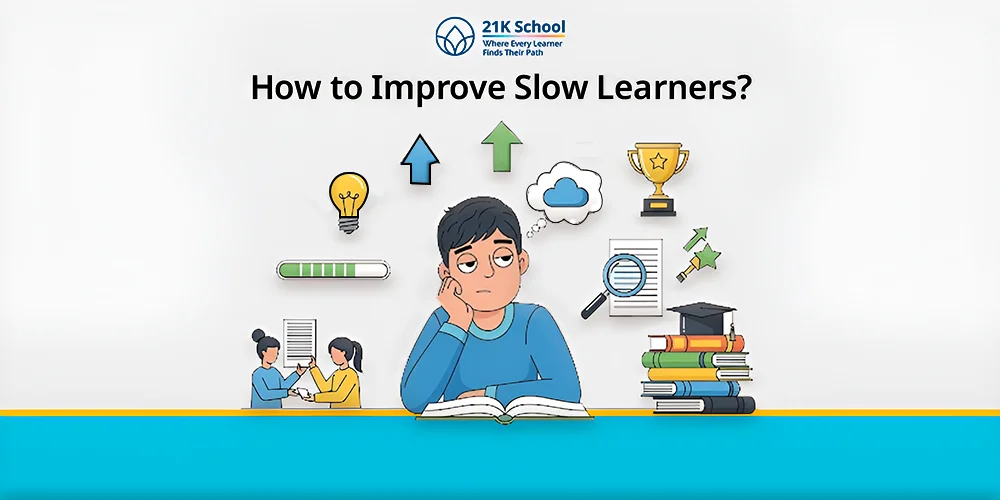
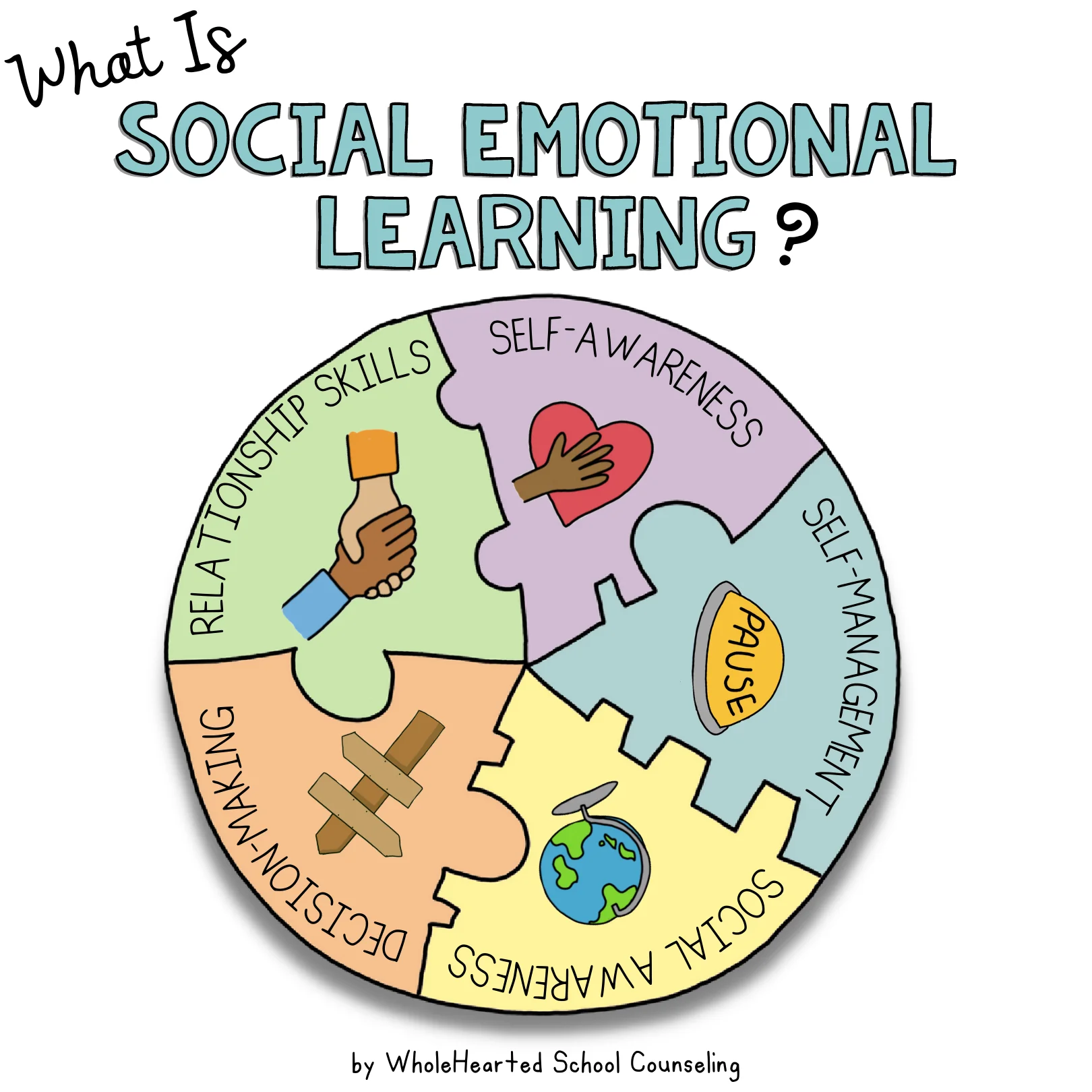
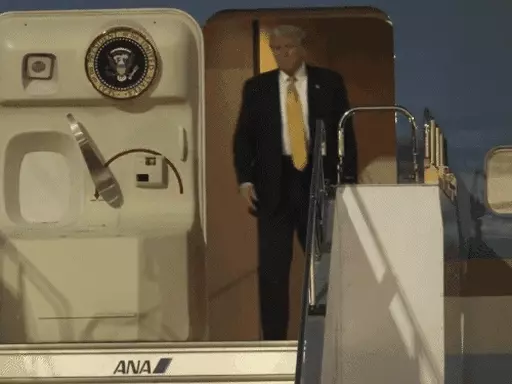


No comments yet. Be the first to share your thoughts!